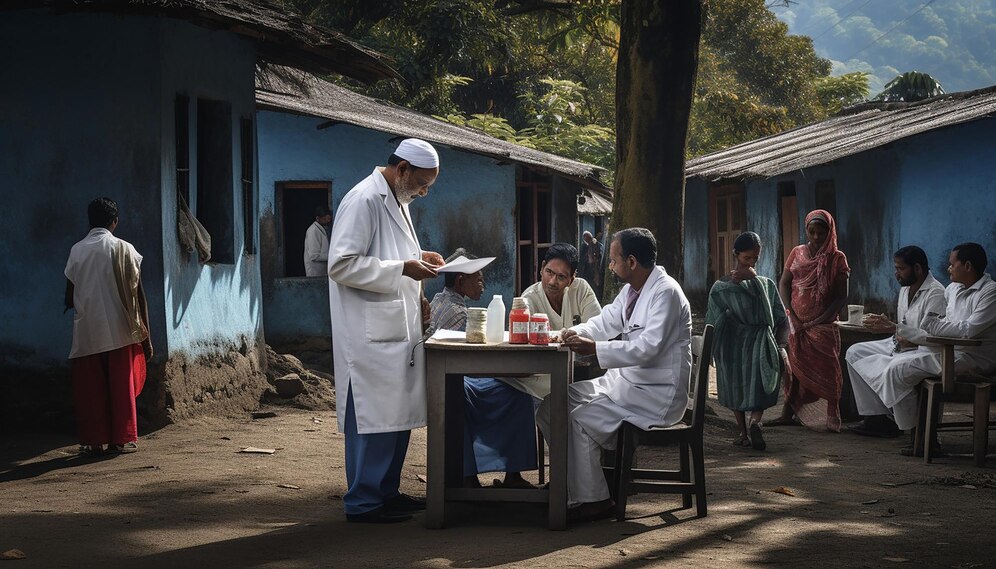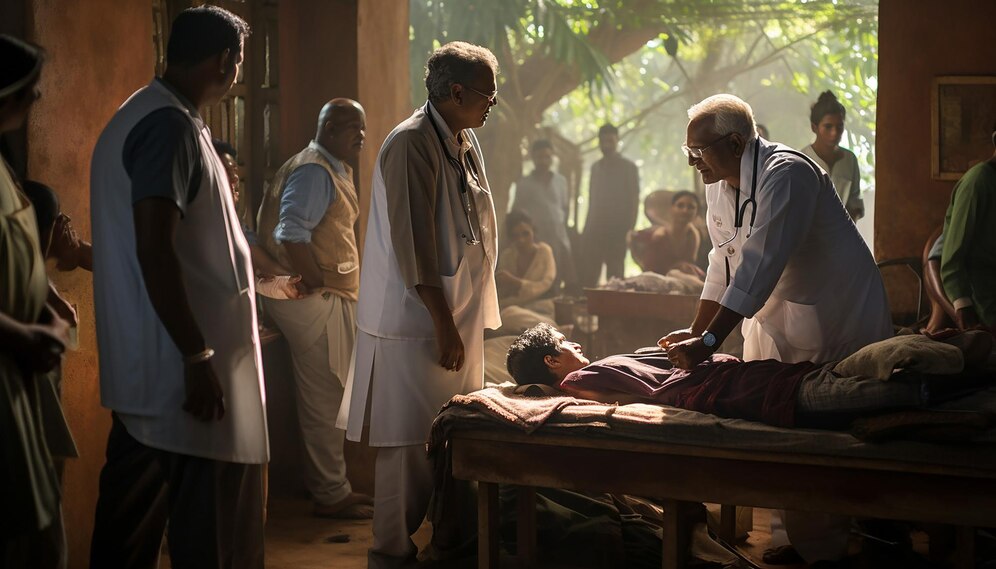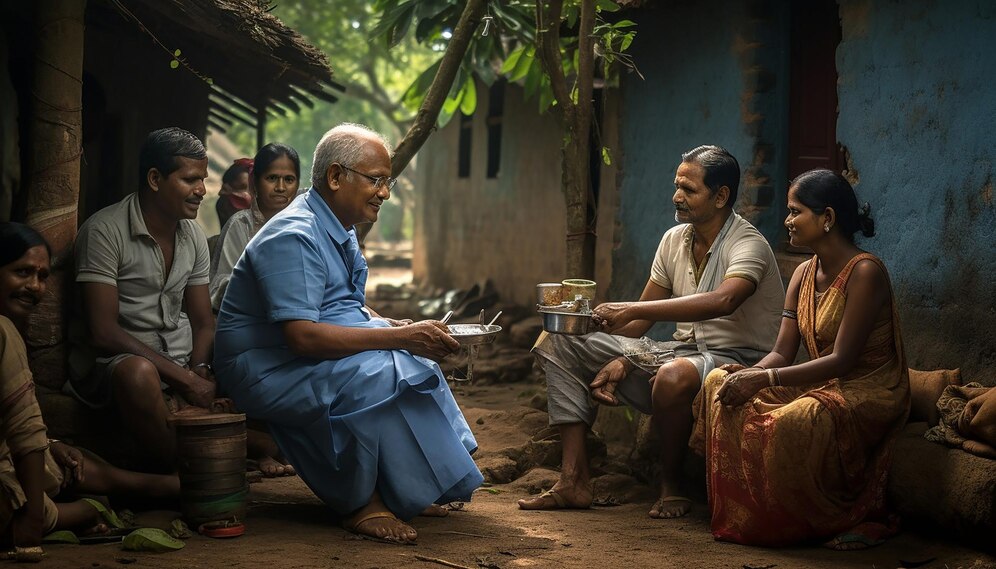

In the heart of bustling cities, where towering skyscrapers and bustling streets paint a picture of progress, there exists a hidden reality of health inequities and disparities. For the urban poor, accessing healthcare is often a distant dream, marred by financial constraints, lack of resources, and systemic barriers. Recognizing this pressing need, the City Aid Foundation has emerged as a beacon of hope, bridging the gap between healthcare services and the underserved through its transformative health camps. In this narrative, we explore how City Aid Foundation’s commitment to health equity is reshaping lives and communities.

In urban areas worldwide, disparities in healthcare access are glaring, with the poor bearing the brunt of inadequate services. Financial constraints, lack of health insurance, and geographical barriers often deter individuals from seeking essential medical care, leading to preventable illnesses and worsened health outcomes. The urban poor, residing in overcrowded slums and informal settlements, are particularly vulnerable, facing myriad health challenges amidst the complexities of urban living.
City Aid Foundation approaches the issue of healthcare disparities with a holistic and community-centered approach, recognizing that effective intervention requires more than just medical treatment. Their health camps serve as a comprehensive platform for addressing immediate health needs while empowering individuals and communities to take charge of their well-being.
Provision of Essential Medical Services: At the core of City Aid Foundation’s health camps lies the provision of essential medical services tailored to the needs of the urban poor. These camps, often set up in the heart of underserved communities, offer a range of healthcare interventions, including general health check-ups, vaccinations, maternal and child health services, and treatment for common ailments. Volunteer healthcare professionals, including doctors, nurses, and allied health workers, work tirelessly to ensure that every individual receives the care they deserve, irrespective of their socio-economic status.
Health Education and Preventive Care: Prevention is key to promoting health and well-being, and City Aid Foundation recognizes the importance of education and awareness in empowering communities to lead healthier lives. In addition to medical services, the health camps feature interactive health education sessions on topics such as hygiene, nutrition, reproductive health, and disease prevention. Through engaging workshops, demonstrations, and informational materials, participants are equipped with the knowledge and skills necessary to make informed decisions about their health and that of their families.
Empowerment and Community Engagement: Beyond addressing immediate health needs, City Aid Foundation’s health camps aim to foster a sense of empowerment and community ownership of health outcomes. By actively involving local residents in the planning, implementation, and evaluation of the camps, the foundation ensures that interventions are culturally appropriate and responsive to community priorities. Community health volunteers, trained and supported by the foundation, serve as advocates and facilitators, bridging the gap between healthcare providers and the communities they serve.

The impact of City Aid Foundation’s health camps is profound, touching the lives of countless individuals and communities across urban landscapes. Through timely medical interventions and preventive care, preventable diseases are being averted, leading to improved health outcomes and enhanced quality of life. Moreover, the empowerment and education imparted through the camps empower participants to become agents of change within their communities, advocating for better health policies and practices.
One inspiring success story is the transformation of the Dharavi slum in Mumbai, India, where City Aid Foundation established regular health camps in collaboration with local partners. Through sustained efforts, the prevalence of communicable diseases decreased, maternal and child health indicators improved, and community engagement in health promotion activities soared. Today, Dharavi serves as a model of health resilience and empowerment, inspiring similar initiatives in urban areas worldwide.
Despite its successes, City Aid Foundation faces numerous challenges in its mission to promote health equity among the urban poor. Limited resources, logistical constraints, and cultural barriers often hinder the reach and impact of health camps. However, the foundation remains committed to overcoming these challenges through innovation, collaboration, and strategic partnerships.
Looking ahead, City Aid Foundation envisions expanding its reach to more underserved communities, leveraging technology to enhance service delivery, and advocating for policies that prioritize health equity. By building on its successes and learning from its challenges, the foundation seeks to create a future where access to healthcare is not a privilege but a fundamental right for all.
In the face of entrenched health disparities, City Aid Foundation stands as a beacon of hope, bringing essential healthcare services and empowerment opportunities to the doorsteps of the urban poor. Through its transformative health camps, the foundation not only addresses immediate health needs but also empowers individuals and communities to take control of their health and well-being. As we strive for a more equitable and inclusive society, let us draw inspiration from initiatives like City Aid Foundation, forging a path towards a healthier future for all.
